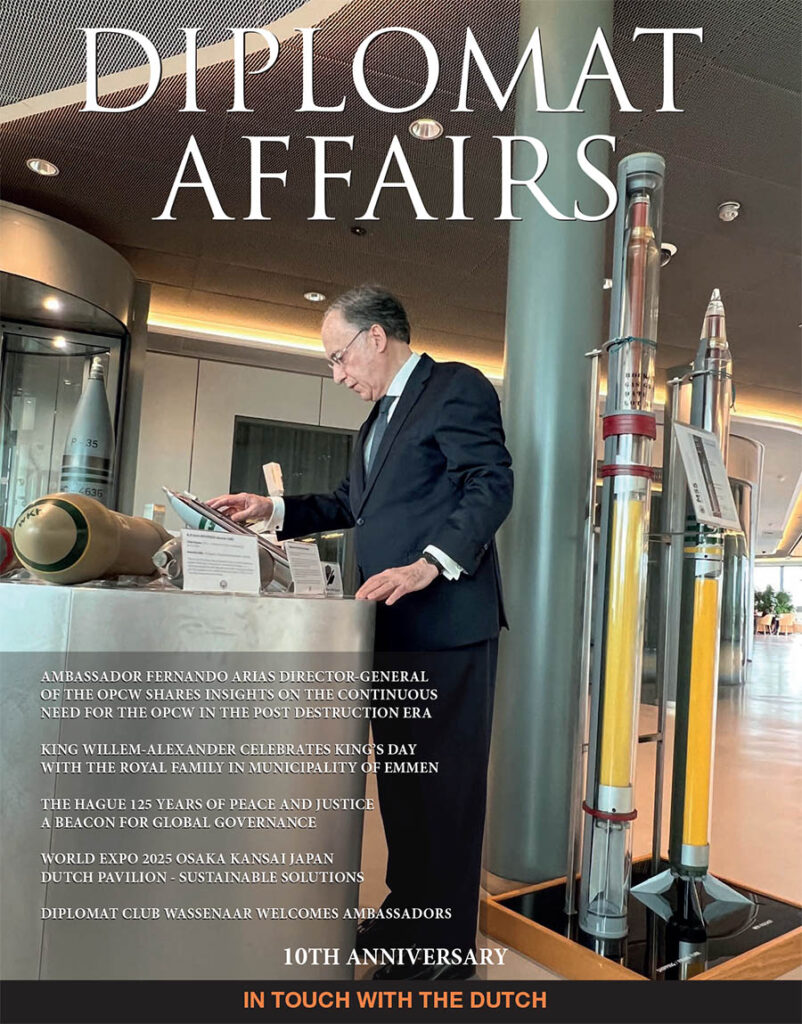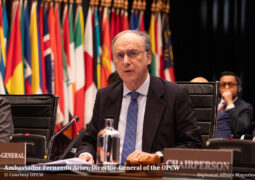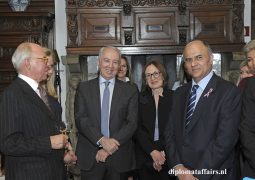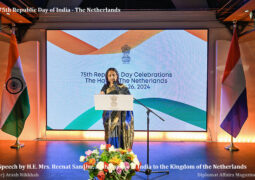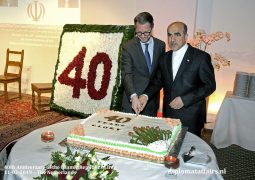The Hague: 125 Years of Peace and Justice – a Beacon for Global Governance
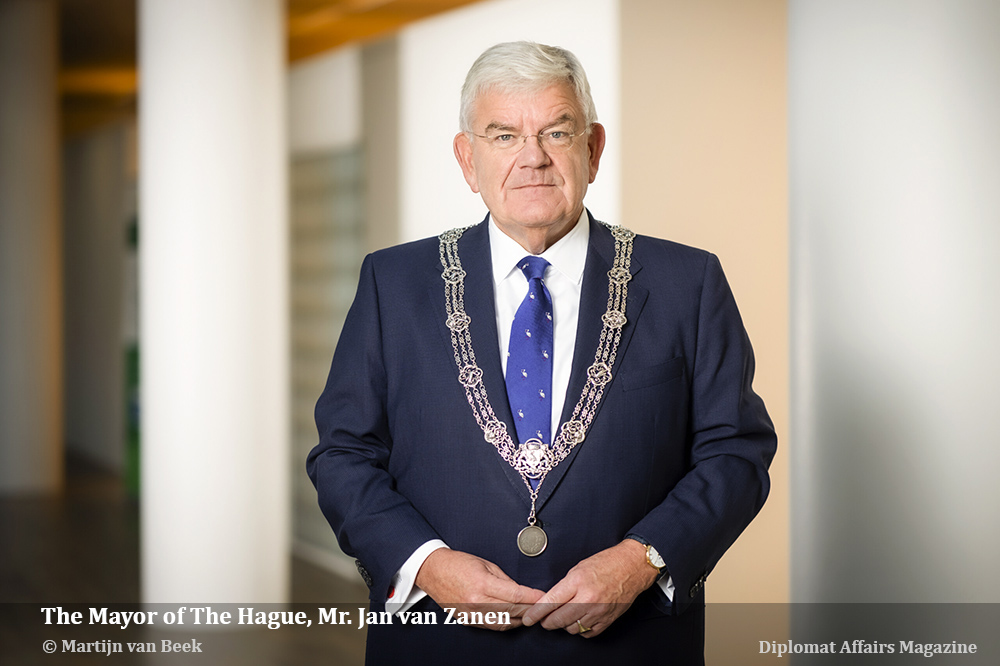
BY THE MAYOR OF THE HAGUE, MR. JAN VAN ZANEN
The Hague describes itself as the ‘international city of peace and justice’. Anyone who is interested to discover how that came about, sooner or later, will come across the First Peace Conference in The Hague in 1899.
During that conference it was decided to set up the very first international court in world history, the Permanent Court of Arbitration. Housed in the Peace Palace since 1913, along with its famous library. Where it was joined in 1946 by the International Court of Justice, the principal legal body of the United Nations.
Over the past 125 years the number of international organisations in The Hague has grown to around 500. Among them are the Organisation for the Prohibition of Chemical Weapons, the International Criminal Court and the many non-governmental organisations that have settled here.
The Hague also recently welcomed the Register of Damages for Ukraine and the International Centre for the Prosecution of the Crime of Aggression. Proof that our city remains the acknowledged legal capital of the world. The 125th anniversary of the First Peace Conference, which we will be marking with numerous activities for our residents, is a good opportunity for The Hague to take stock but, more importantly, to look ahead: what is needed to ensure that our city continues to be a beacon of peace and justice in the future?
In so doing, The Hague also specifically focuses on local authorities. Many conflicts are essentially fought at local level. At the same time, it is often those local authorities who are best placed to resolve such conflicts because they are closest to the warring parties.
The Peace Prize of United Cities and Local Governments (UCLG) was created specially for that purpose. It is therefore fitting that later in this anniversary year, 300 to 400 local government officials will be meeting in The Hague for the UCLG World Council.
There has been international cooperation between municipalities for more than a century now. This might involve exchanging experience and expertise or providing support after disasters or conflicts, for example. Nowadays, we call this city diplomacy. The Hague and the Association of Netherlands Municipalities (VNG) do a lot of this. Internationally, we are connected through networks such as UCLG, as well as through projects and programmes funded (in part) by the Netherlands’ Ministry of Foreign Affairs and the European Union.
Cities are also seeking and finding support for this from embassies in the relevant countries. For example, when promoting events or receiving delegations. National and local governments working together globally for peace, justice and security. Who would have thought that in 1899? Something to be proud of and an incentive to do even more. The world needs it, more than ever.
- Previous Celebrating Africa Day 2024 in the Netherlands with the Theme “Education Fit for the 21st Century”
- Next In the Post Destruction Era, a Continuous Need for the OPCW
You may also like...
Sorry - Comments are closed

